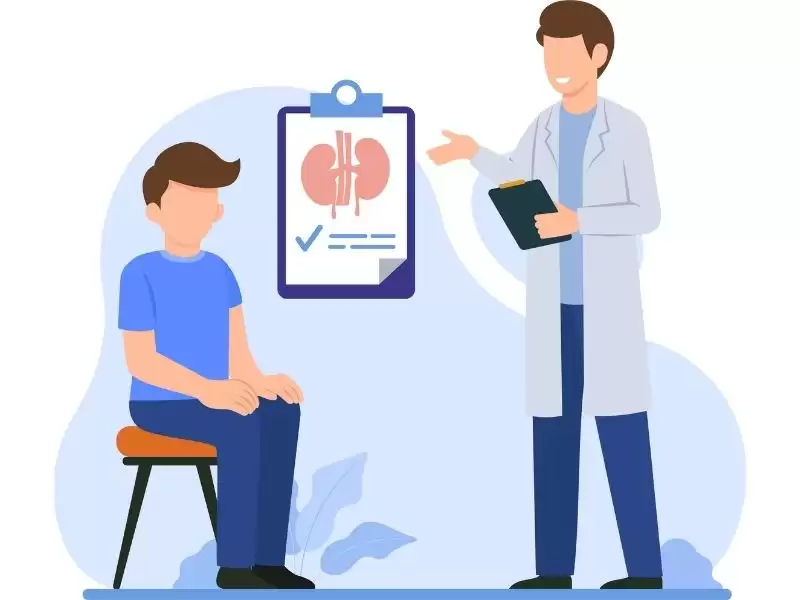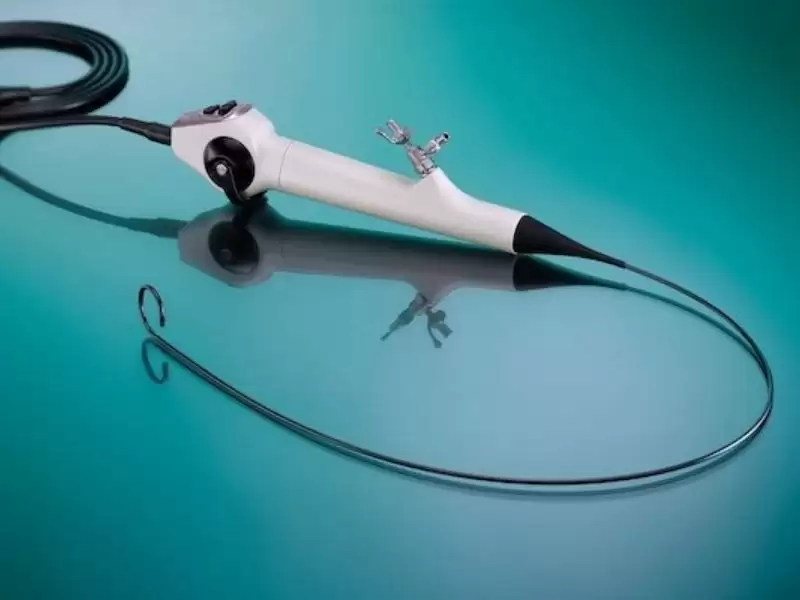Percutaneous nephrolithotomy, PNL in short, refers to the surgery for the direct removal of kidney stone(s) from the kidney. Percutaneous nephrolithotomy surgery, which is performed with the help of a camera sent through a small incision on the patient's back, has some advantages and disadvantages compared to other surgical methods.
Percutaneous nephrolithotomy is generally preferred for patients with kidney stones larger than 2 centimeters in size or multiple. In the operation performed under general anesthesia, the kidney is reached from the patient's back with the help of a nephroscope. Stones can be removed directly or by fracturing them, depending on their size and degree of hardness. Laser technology, pneumatic and ultrasound methods are generally used to fragment kidney stones.
Pre-Percutaneous Nephrolithotomy Preparations
Your doctor will explain the steps you need to take in the pre-percutaneous nephrolithotomy preparations process. Blood thinners and foods should be discontinued for a certain period of time before the operation. In addition, to prepare for general anesthesia, you need to eat and drink nothing and not smoke.
Percutaneous nephrolithotomy performed by reaching the kidneys from the back is not performed for people with blood clotting problems, pregnant women and people with a physical condition that prevents access to the kidney, and other treatment methods are used.
In the preoperative process, it may be necessary to evaluate the chest X-ray and heart electrocardiography, to determine whether there is an urinary infection, and to readjust the currently used drugs.
Post-Percutaneous Nephrolithotomy Process
Percutaneous nephrostomy tube can be placed in some patients in the post-percutaneous nephrolithotomy process. Patients may only be discharged after removing this tube on condition that they get rest at home. Heavy physical activity should be avoided for the first few weeks. It is normal to see blood in the urine in the first few days postoperatively, but if this condition persists, a physician should be consulted.


